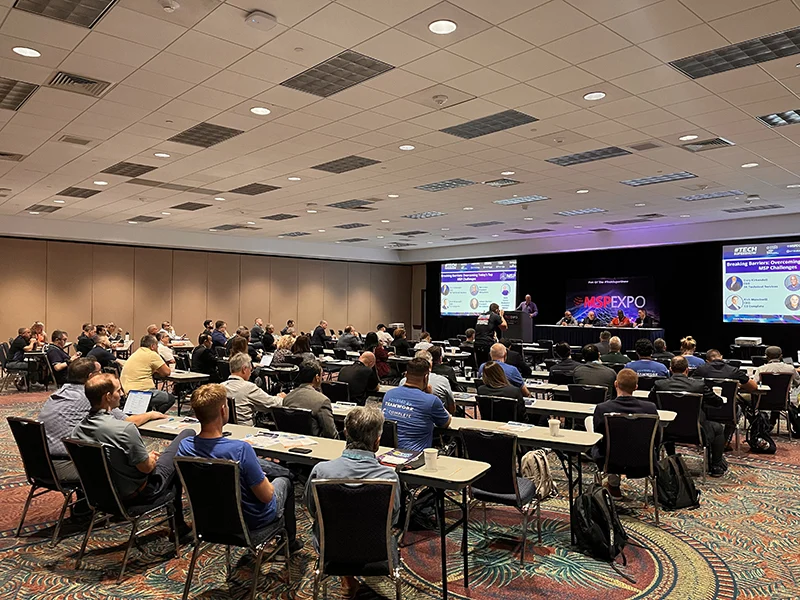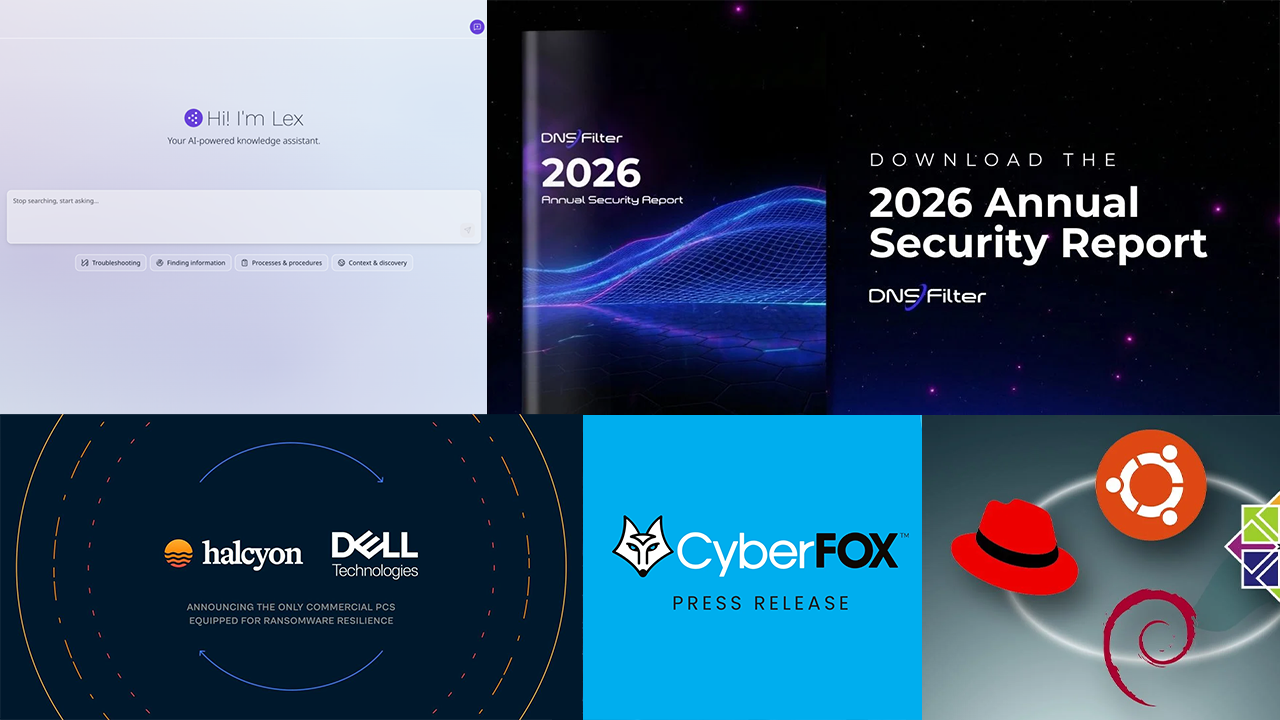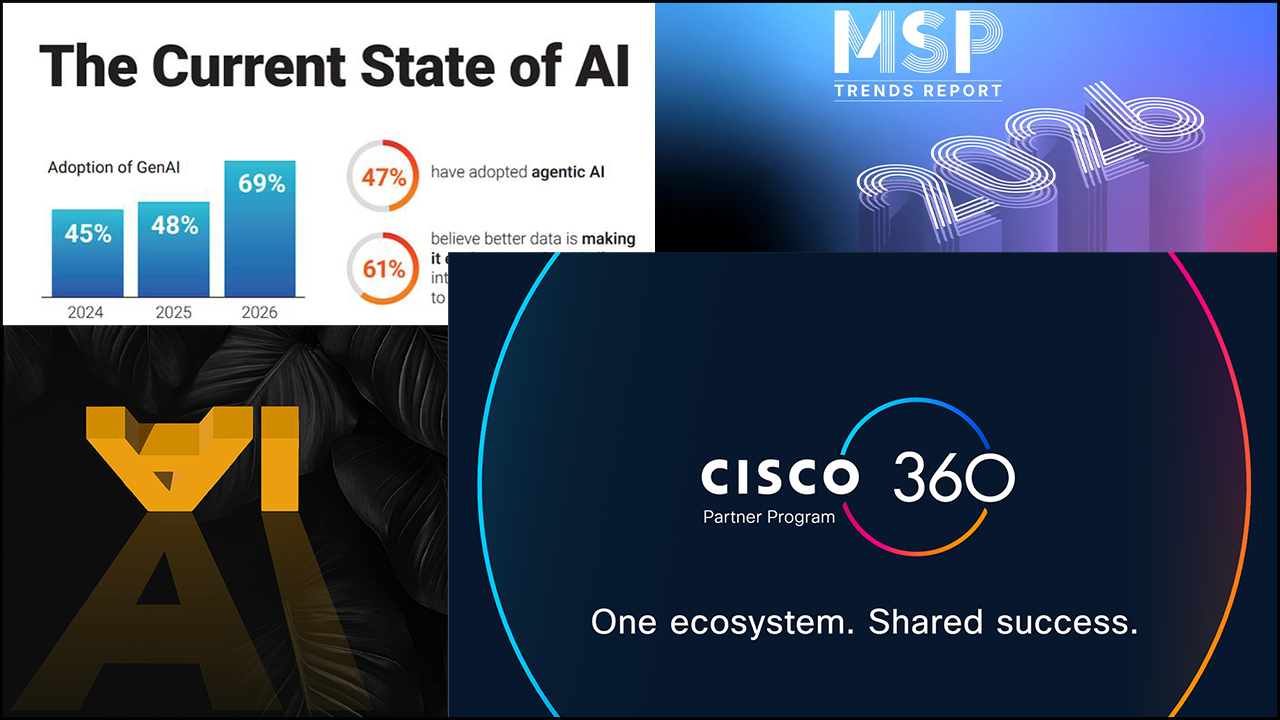The year is 2035, and AI is as invisible and integral to the fabric of business and everyday life as Wi-Fi and solar. Humans have conquered the energy consumption dilemma, fluctuating threats of chip shortages, and the specter of infrastructure limits. Tech as we know it has matured into a powerhouse that drives industries while solving sustainability issues.
Powered by new energy solutions and optimized resource consumption, carbon-neutral data centers are the backbone for AI smoothly integrating into business processes.
This vision may seem elusive, but with key strategic partnerships and solid alliances, we can create a future where tech and sustainability are no longer at odds.
The Rise of AI Maturity
By 2035, AI will mature beyond a nice-to-have investment to a must-have essential. As we close out the decade, AI will be ingrained in all decision-making levels, driving productivity, enriching customer experience, and discovering new revenue sources. Large language models (LLMs) will finally have matured to solve subtle, industry-specific challenges. This will make them indispensable assets across sectors as diverse as healthcare, finance, and manufacturing.
Take supply chain management, for instance. Economic shocks caused by the Covid-19 pandemic severely disrupted global supply chains, resulting in huge economic losses. AI-driven predictive analytics and real-time monitoring have transformed supply chains into resilient, proactive systems. Meanwhile, in healthcare, AI-powered diagnostic tools save lives by recognizing diseases earlier and more precisely than ever before.
Maturity brings a new set of challenges and the need for robust frameworks to ensure ethical implementation. Companies must strike a balance between leveraging AI’s capabilities and addressing concerns such as data privacy, algorithmic bias, and workforce displacement. To succeed, businesses will align innovation with accountability.
Realizing the Promise of Carbon-neutral Data Centers
The transition to carbon-neutral data centers marks one of the major technological milestones of the decade. Once criticized for their massive energy consumption, the data centers of 2035 are paragons of sustainability thanks to advances in cooling technologies, renewable energy integration, and AI-driven resource management. These have drastically reduced data centers’ environmental footprint.
These data centers now run heavily on hydrogen fuel cells, geothermal energy, and solar power. AI plays a vital role in optimizing energy use, running servers efficiently and only when needed. This transformation meets global carbon-reduction targets and brings cost savings for businesses. It proves that sustainability and profitability can go hand in hand.

Dennis Frank
Sustainability as Strategy
Sustainability has evolved from a corporate buzzword to an operational imperative to drive business growth. Businesses that embed environmental, social, and governance (ESG) goals into their strategies will reap the benefits of less energy spend and cost savings that boost the bottom line.
By 2035, circular economy models are everywhere. The companies design products mindful of their end-of-life cycles, where components can be recycled or repurposed. AI is supportive in such analysis of material flow, which identifies inefficiencies and suggests further scope for improvement. Reimagined supply chains also aim at reducing waste and emissions, and increased use of renewable resources.
Companies committed to sustainability meet regulatory requirements while strengthening their brand loyalty. Research has shown that companies with strong ESG practices consistently outperform their peers, proving the real value of sustainability in business operations.
Powering Up Partnerships
No company has ever succeeded in a vacuum. As we advance further into the AI and digital transformation era, robust partner ecosystems will develop as the most critical drivers of innovation and growth. Healthy networks allow companies to tap into complementary skills, technologies, and market opportunities by enabling collaboration over competition.
A shining example: partnerships among developers of AI and cloud providers have accelerated the deployment of scalable solutions. Similarly, alliances with regulatory bodies have helped companies better navigate complex compliance landscapes. By 2035, these ecosystems will be more than support systems; they will be integral parts of a company’s strategy. They will enable the creation of value that no single organization could achieve alone.
The Next Big Leap
While AI dominates the headlines today, 2035 could usher in a new era of technological breakthroughs that shift the focus. Quantum computing, for instance, holds the potential to solve problems beyond the current capabilities of classical computers. From drug discovery to cryptography, its applications are as vast as they are transformative.
Similarly, advancements in bioengineering, brain-computer interfaces, and space exploration technologies may redefine what’s possible. These quantum leaps are not wholesale replacements for AI. They are potent allies, forming a synergy that will launch digital transformation to new heights.
Organizations that thrive in this brave new world will be agile, anticipate emerging trends, and adapt their strategies to evolving needs.
The Regulation Equation
The regulatory frameworks for AI have evolved to catch up with the speed of technological advancement. By 2035, legislation will be streamlined and likely AI-powered, offering clear guidelines to enable business innovation responsibly. Harmonized global standards will squash hurdles, paving the way for companies to scale solutions across borders without compliance barriers.
This clarity in the regulation is a boon for businesses. It infuses a sense of trust and accountability across partnerships. Meanwhile, it helps consumers by protecting their rights and safeguarding data. Those businesses that proactively engage with policymakers to shape emerging frameworks will be best equipped to succeed.
Charting the Course
The road to 2035 is marked with challenges and triumphs alike. From AI’s evolution into a strategic asset to the mainstream adoption of carbon-neutral data centers, its progress reflects humanity’s ability to innovate and adapt.
Yet, the journey is far from over. As new technologies emerge, businesses must remain steadfast in their commitment to sustainability, collaboration, and agility.
More importantly, it is a springboard to what’s next. The future belongs to leaders who are poised to think beyond today’s possibilities and boldly pursue the next wave of innovation.
Dennis Frank is vice president, EMEA strategic partners & alliances for Hitachi Vantara.
Featured image: iStock













